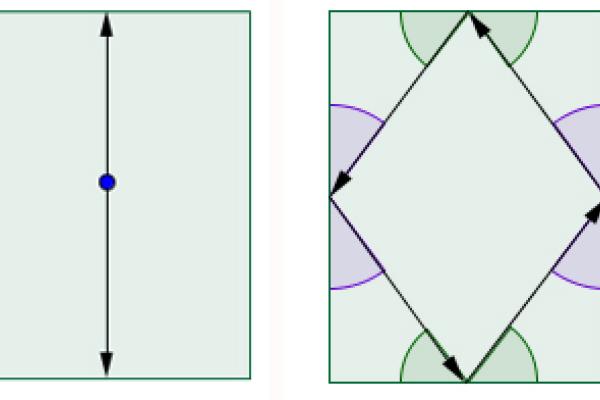Article

Did chaos cause mayhem in Jurassic Park?
Was T-rex unleashed by mathematical chaos?

If you thought that billiards was a harmless game to play in the pub, think again. It's a breeding ground for chaos!